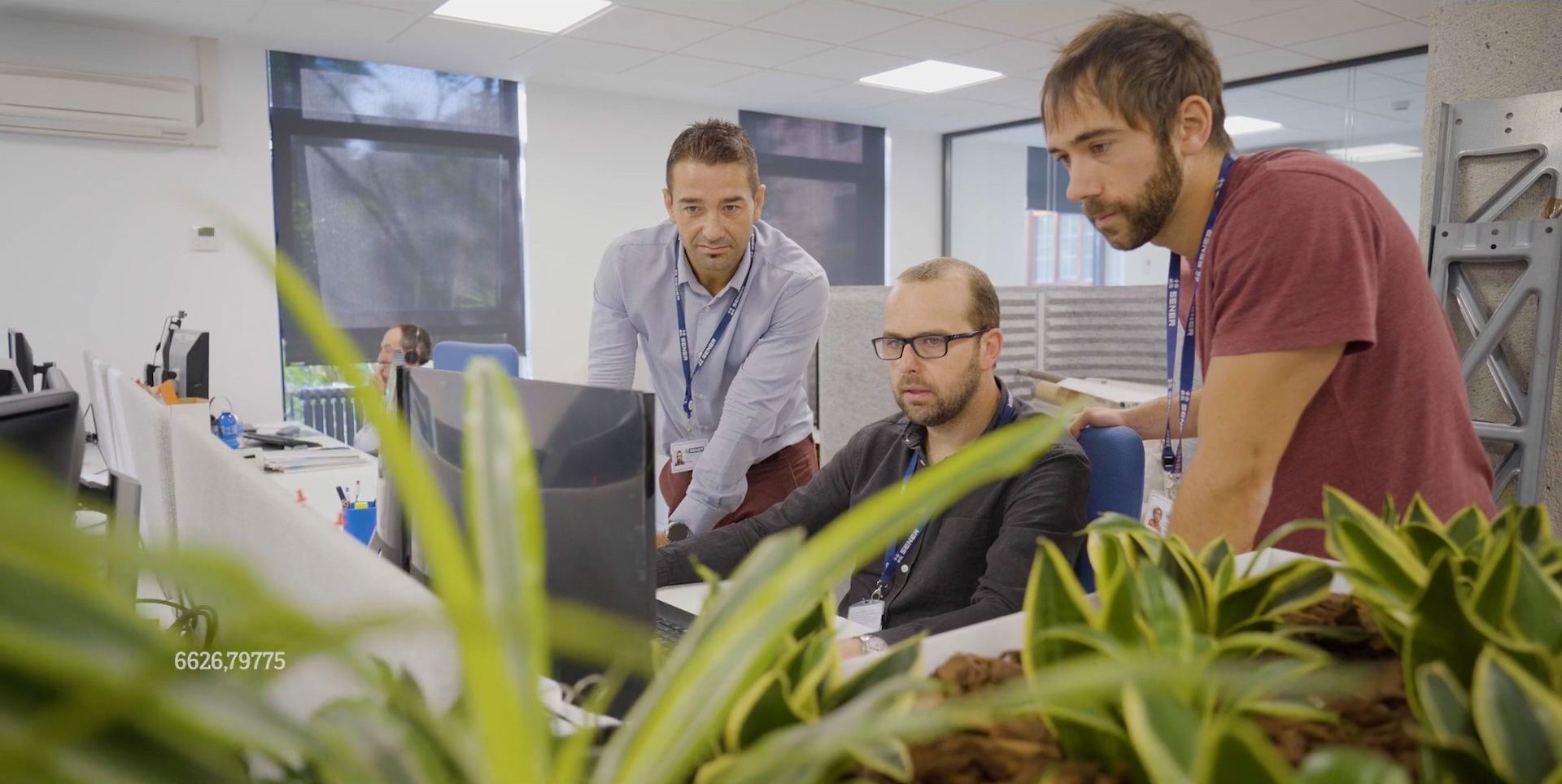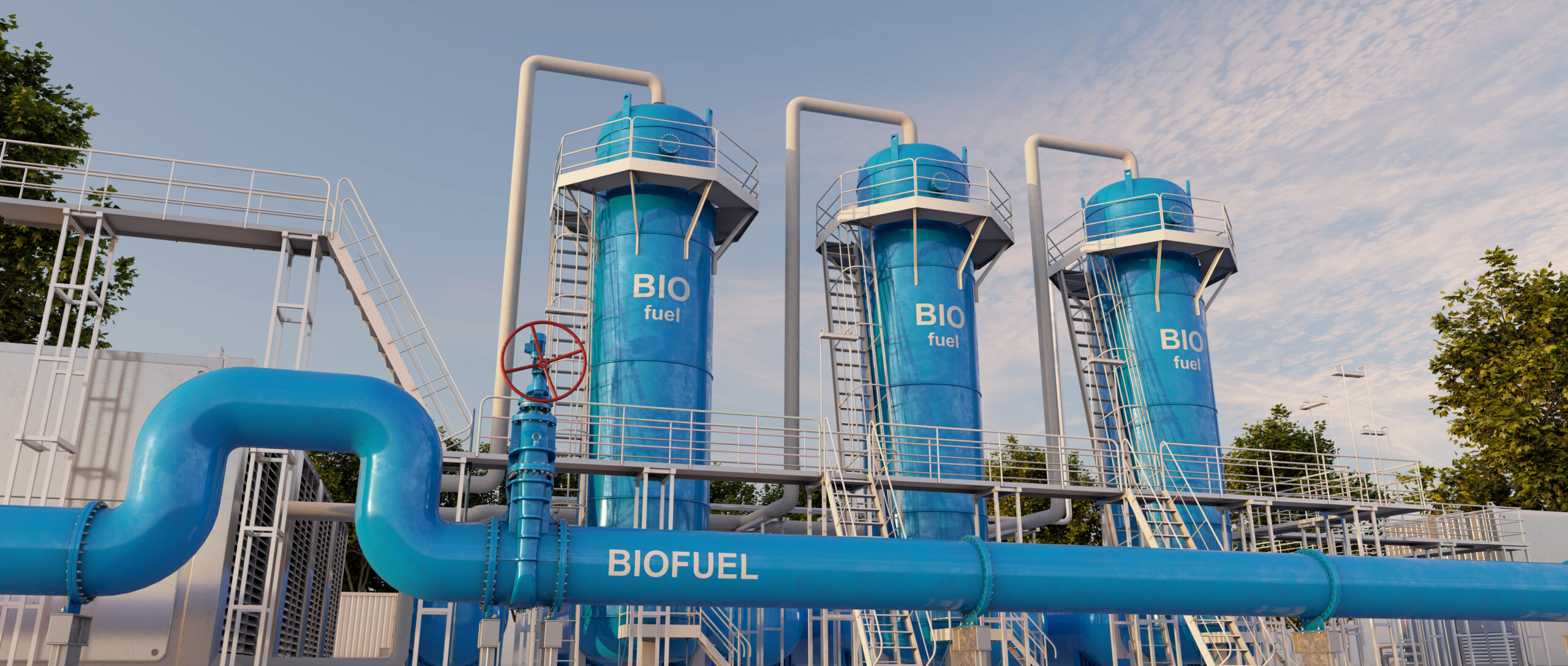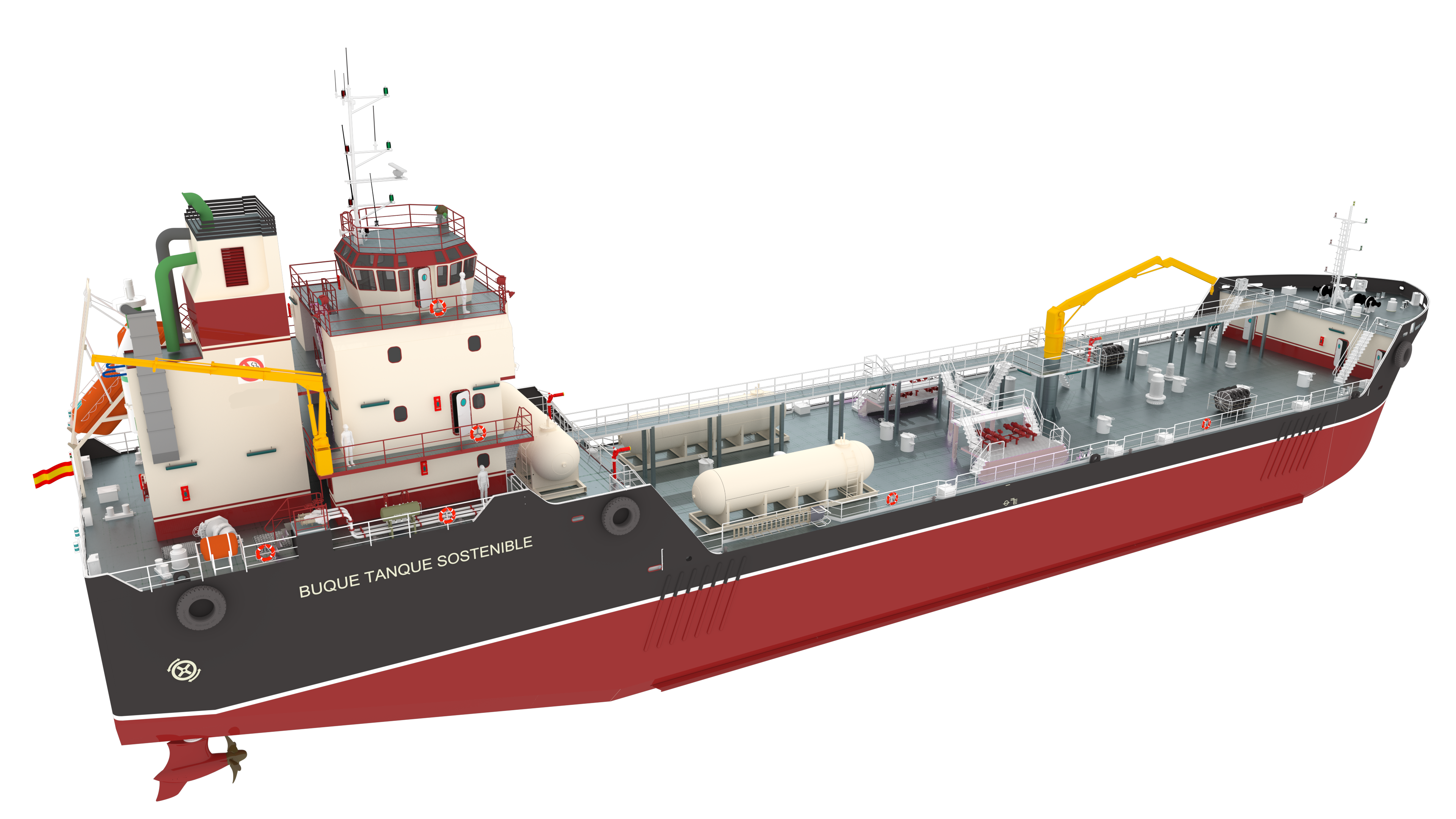




Decarbonizing transport and industry with next-generation fuels
At Sener, we see bio-fuels and e-fuels as essential tools for achieving net-zero goals. They provide a pathway to decarbonize sectors where electrification alone is not sufficient. By converting biomass and waste into renewable fuels, and by producing synthetic molecules through renewable hydrogen and captured CO₂, we create sustainable alternatives to fossil fuels that strengthen energy security and accelerate climate action.

Our solutions range from biofuel production facilities to e-fuel projects based on high-purity syngas or methanol. We also apply our naval engineering capabilities to bunkering solutions, enabling safe and efficient distribution of sustainable fuels.
Our approach leverages waste recovery, gasification, and pyrolysis to produce renewable molecules. By integrating bio-fuels and e-fuels into industrial processes and transport systems, we create synergies between the circular economy and decarbonization. Each project is designed to reduce emissions, repurpose resources, and provide scalable solutions to energy and environmental challenges.
We follow a structured methodology that begins with feedstock analysis, identifying biomass, waste, or CO₂ streams as raw material for fuel production. In design, our teams model conversion processes—gasification, pyrolysis, fermentation, or catalytic synthesis—selecting the most efficient and cost-effective route. Implementation is carried out under EPC contracts that integrate civil, mechanical, chemical, and electrical scopes, ensuring safe commissioning and compliance with strict regulations. Once in operation, we provide monitoring, maintenance, and upgrades that ensure plants remain competitive as markets and standards evolve.
Our facilities are designed to expand with growing demand and adapt to new regulations. Whether through modular plant concepts, digital monitoring of conversion processes, or integration with renewable hydrogen supply chains, we build infrastructures that evolve over time. This adaptability ensures that bio-fuels and e-fuels remain viable, reliable, and aligned with the rapid pace of energy transition.
We deliver engineering and EPC services for plants that produce bio-fuels and e-fuels from biomass, waste, and renewable hydrogen.